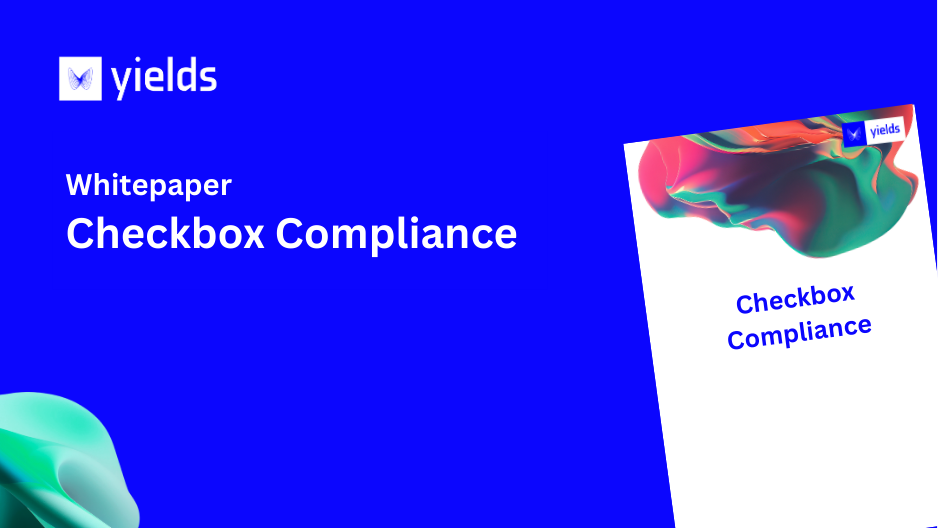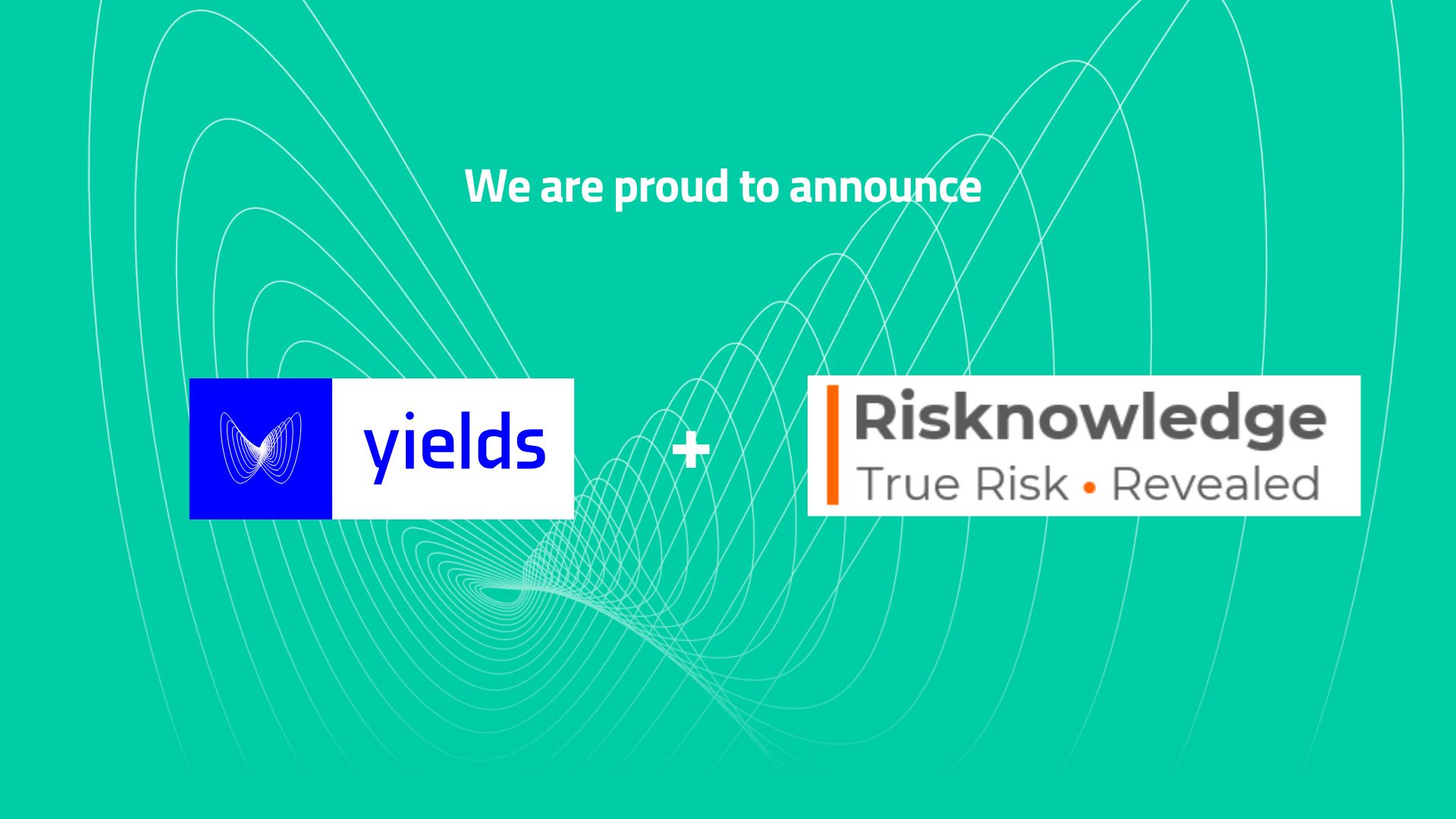We are in an exciting period in which artificial intelligence (AI) is reshaping industries. As AI adoption continues to advance rapidly, governments find themselves racing to establish regulatory frameworks to control AI use and mitigate the risks associated with it.
Global Efforts in AI Regulation
Globally, there’s a noticeable surge in efforts to craft AI-specific regulations. This has recently been illustrated by a review paper from Correa et al., discussing over 200 AI ethics guidelines. Introducing guidelines is far from straightforward, however. AI’s rapid evolution means that regulations must be both flexible and forward-looking to remain relevant. Additionally, many existing laws, particularly those concerning privacy, are also applicable to AI, creating a complex regulatory overlap.
Several European countries are actively investigating AI-related breaches. For example, the Italian privacy authority is investigating OpenAI. This effort is part of a broader trend in which overlapping initiatives, from the G7 to the United Nations, create a labyrinth of regulations for companies to navigate.




